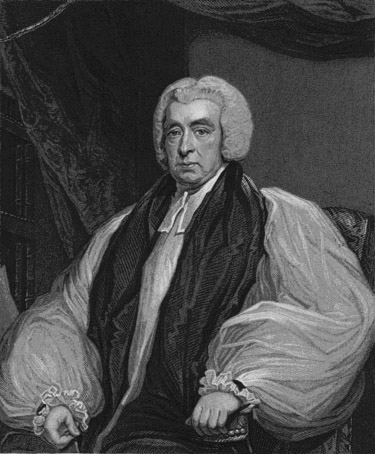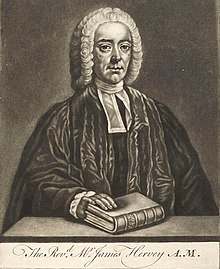
Beilby Porteus
Sermon on Deuteronomy: Keep the Sabbath Day
「1783」 Beilby Porteus, “Deuteronomy V. 12, Keep the Sabbath-Day, to Sanctify It, As the Lord Thy God Hath Commanded Thee,” Sermon 9 in Sermons on Several Subjects 「Google Books」(London, 1783) 201-220.
There cannot be a more pleasing or a more consolatory idea presented to the human mind, than that of one universal pause of labour throughout the whole Christian world at the same moment of time; diffusing rest, comfort, and peace through a large part of the habitable globe, and affording ease and refreshment, not only to the lowest part of our own species, but to their fellow-labourers in the brute creation. Even these are enable to join in this silent act of adoration, this mute kind of homage to the great Lord of all: and although they are incapable of an sentiments of religion, yet by this means they become sharers in the blessings of this: and must see at the same time, the cruelty of invading this most valuable privilege of the inferior class of mankind. (203-204)
Look into the streets of this great metropolis on the Lord’s day, and see whether they convey this idea of a day of rest. Do not our servants and our cattle seem to be almost as fully occupied on that day as on any other? And, as if this was not a sufficient infringement of their rights, we contrive, by needless entertainments at home, and needless journies abroad, which are often by choice and inclination reserved for this very day, to take up all the little remaining part of their leisure time. A sabbath-day’s journey was, among the Jews, a proverbial expression for a very short one. Among us it can have son such meaning affixed to it. That day seems to be considered by too many, as set apart, by divine and human authority, for the purpose, not of rest, but it direct opposite, the labour of travelling; thus adding one day more of torment to those generous but wretched animals whose services they hire; and who, being generally strained beyond their strength the other six days of the week, have, of all creatures under heaven, the best and most equitable claim to suspension of labour on the seventh. (206-207)
But benevolence, even to the brute creation, is, in its degree, a duty, no less than to our own species; and it is mentioned by Solomon as a striking feature in the character of a righteous man, that “he I merciful even to his beast.” He, without whose permission “not a sparrow falls to the ground, and who feedeth the young ravens that call upon him,” will not suffer even the meanest work of his hands to be treated cruelly with impunity. He is the common father of the whole creation. He takes every part of it under his protection. He has, in various passages of Scripture, expressed his concern even for irrational creatures, and has declared more especially, in the most explicit terms, that the rest of the sabbath was meant for our cattle and our servants as well as for ourselves.(2077)



